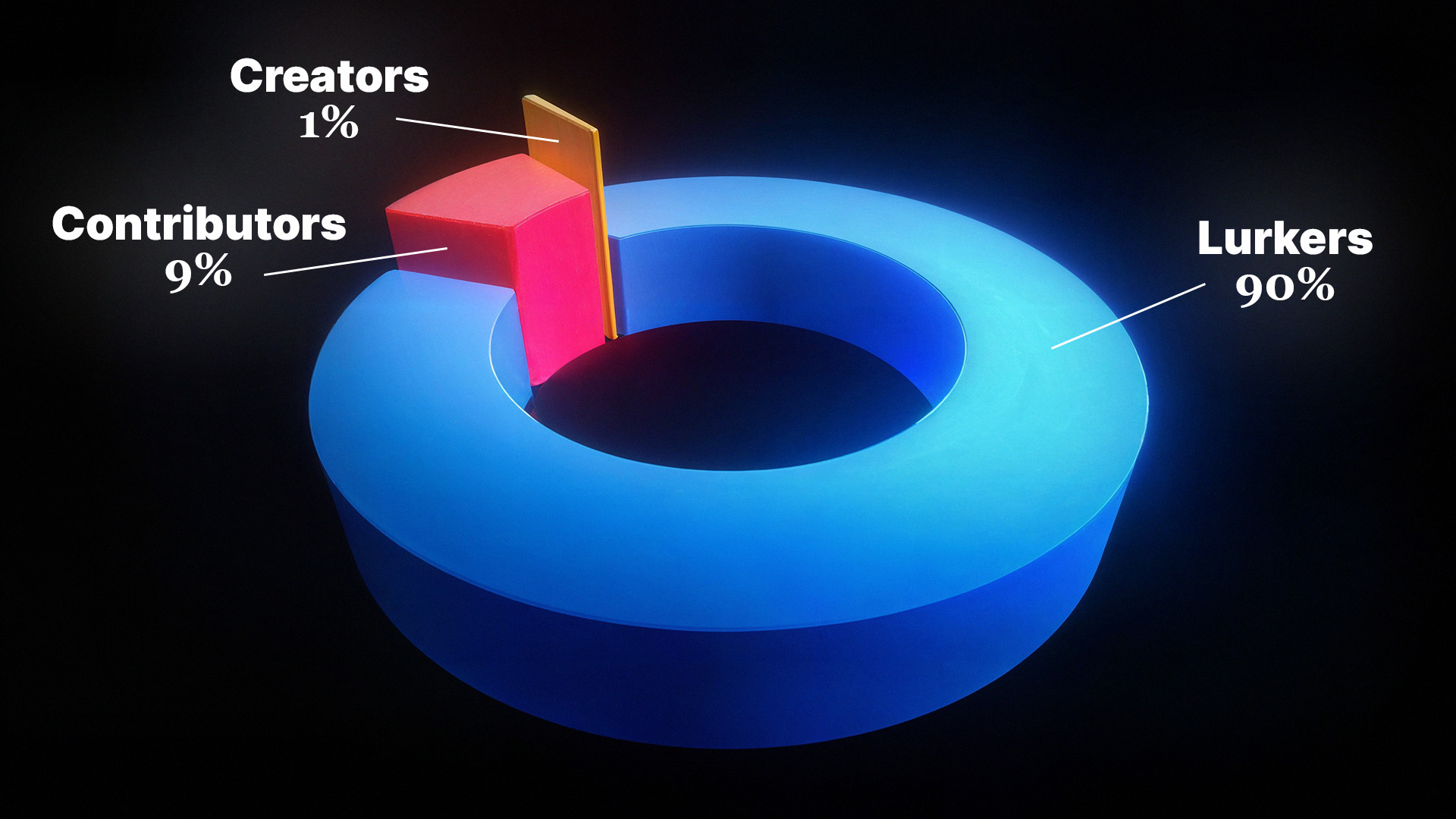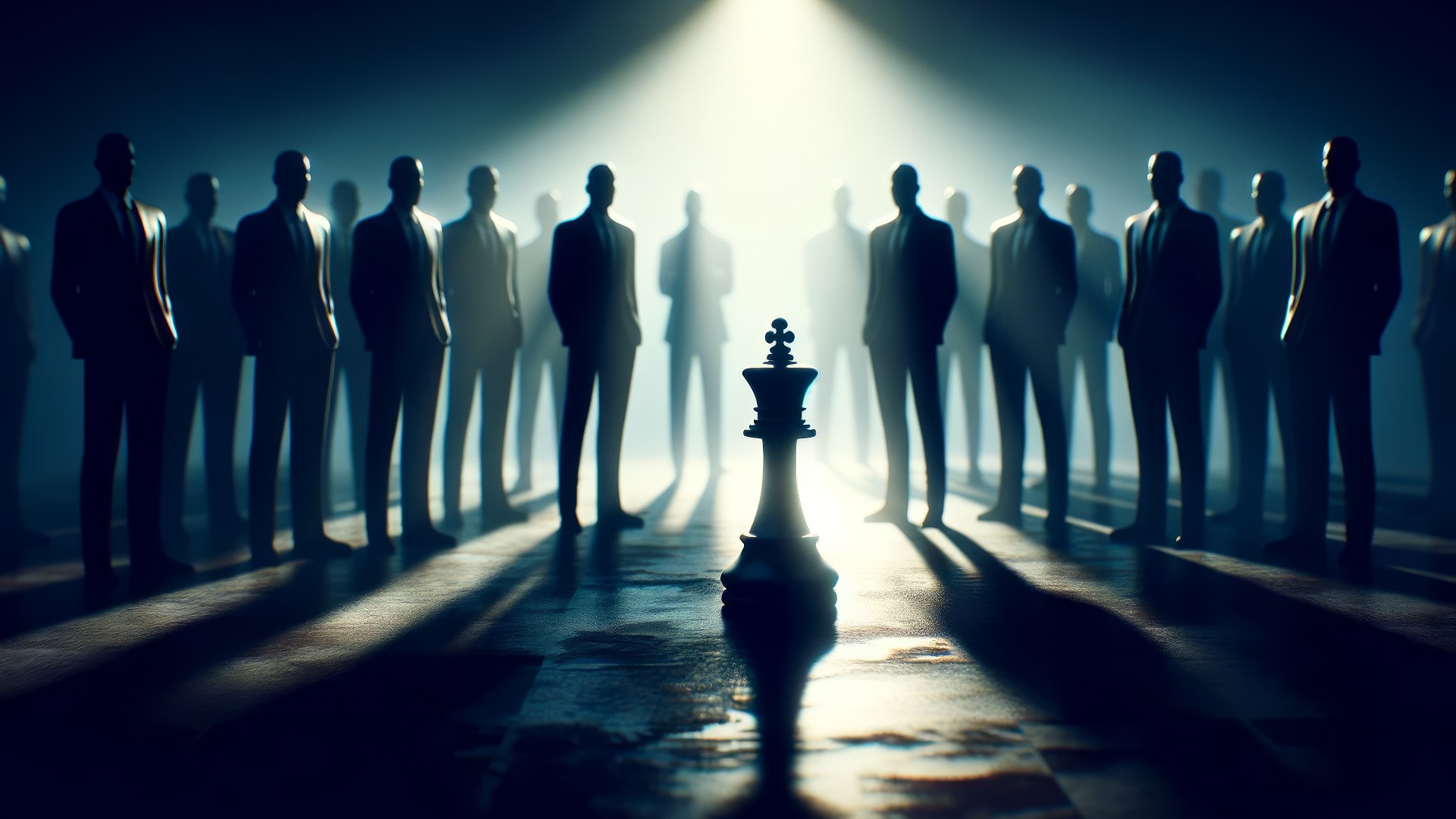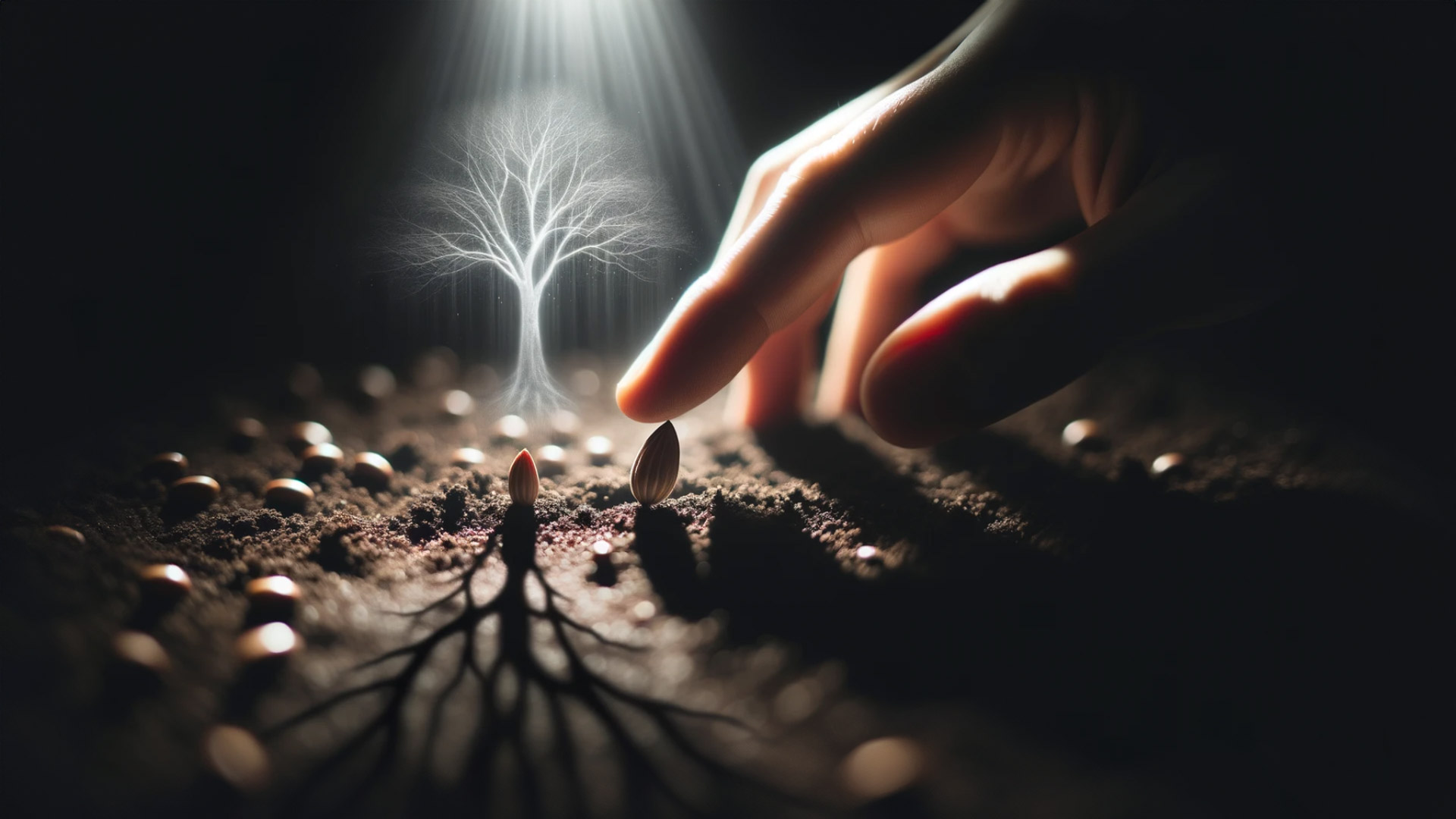Tag: Social Dynamics
-

Short Windows, Long Windows, and Why Context Is Everything
A short window is a moment that appears to carry outsized impact—a perfectly timed phrase, a message dropped at just the right second, a window of attention you can supposedly hack. It tempts people who believe one bold move can alter everything.
-

1% Rule — Participation Inequality
The 1% Rule posits that in any given online community, 1% of the users typically create most of the content, 9% of the users contribute occasionally, and the vast majority, 90%, consume content without contributing.
-

Universe 25
The Universe 25 experiment, conducted by John B. Calhoun in 1972, examined behavioral changes in mice due to overpopulation within a resource-abundant environment. It traced the transition from rapid population growth to decline, underscoring the effects of high density on social structures.
-

LARPing
LARPing, blending role-playing with physical enactment, centers on narrative and character immersion. Originating from tabletop gaming, it encompasses various forms and settings, emphasizing creativity and community engagement. Participants create characters and stories, often using costumes and props, in experiences ranging from historical to fantastical.
-

NPC – Non-Player Character
In gaming, NPCs serve as narrative drivers and world enhancers, evolving with technology to create immersive experiences. They hold a significant place in both gaming mechanics and cultural impact.
-

Overreach
Overreach signifies actions pushed past prudent limits, often culminating in adverse effects across political, economic, and strategic realms, necessitating recalibration to mitigate risks and restore balance.
-

Movement, Business, Racket
Eric Hoffer posits that movements, rooted in shared convictions, transition from impassioned origins to organized frameworks, and might ultimately deviate to self-serving rackets. This trajectory, prevalent across time, reveals the nuanced dynamics and potential pitfalls of collective actions.
-

Participant-Instigation
The concept of “Participant-Instigation” highlights the central role participants play in initiating actions or changes. Rooted in historical events, its modern manifestations are shaped by digital platforms across diverse cultural settings. The concept is measurable and carries ethical implications.
-

Smark
Professional wrestling, rooted in carnival traditions, has given rise to the “smark” – fans aware of the scripted nature yet profoundly engaged. Their deep involvement not only shapes industry dynamics but also mirrors a broader evolution in how audiences consume entertainment.